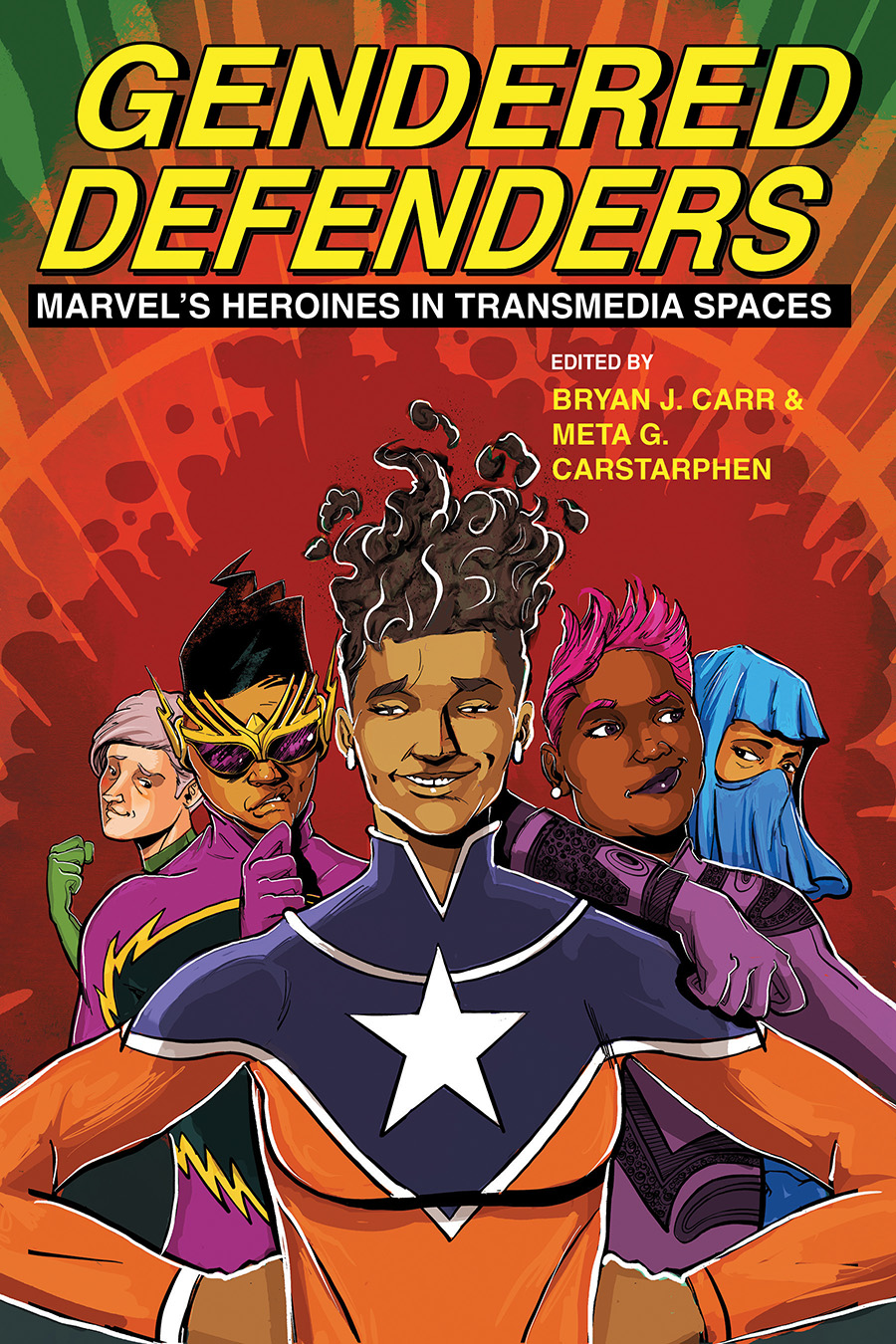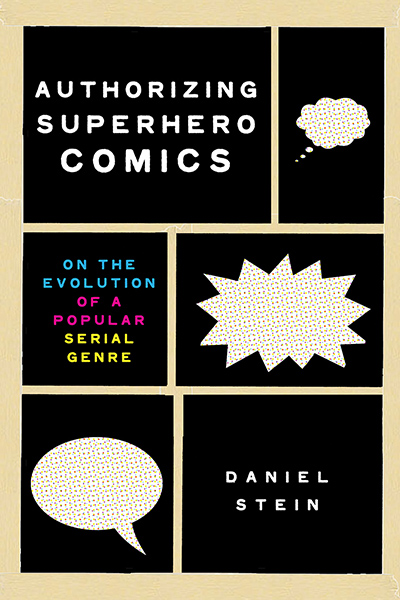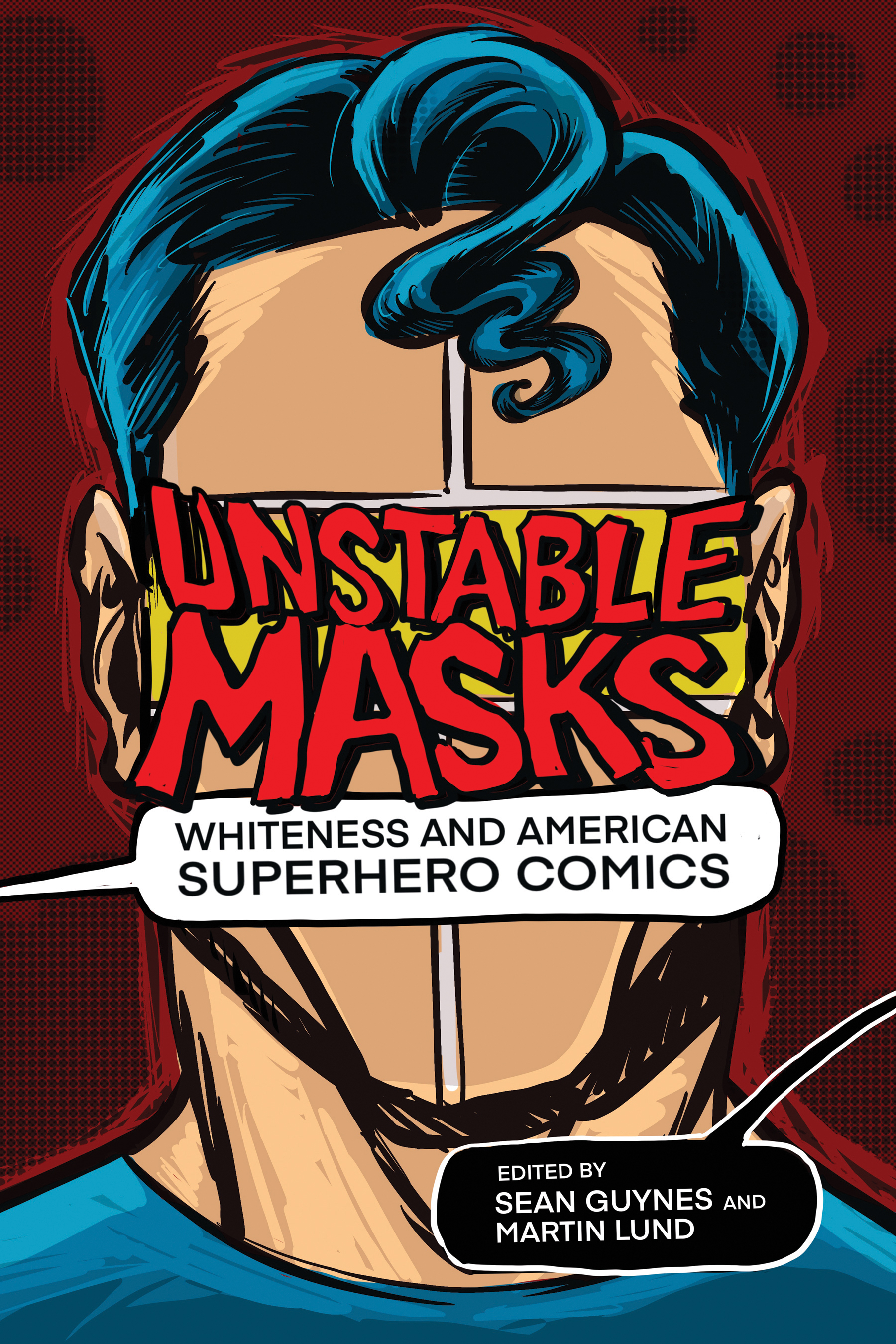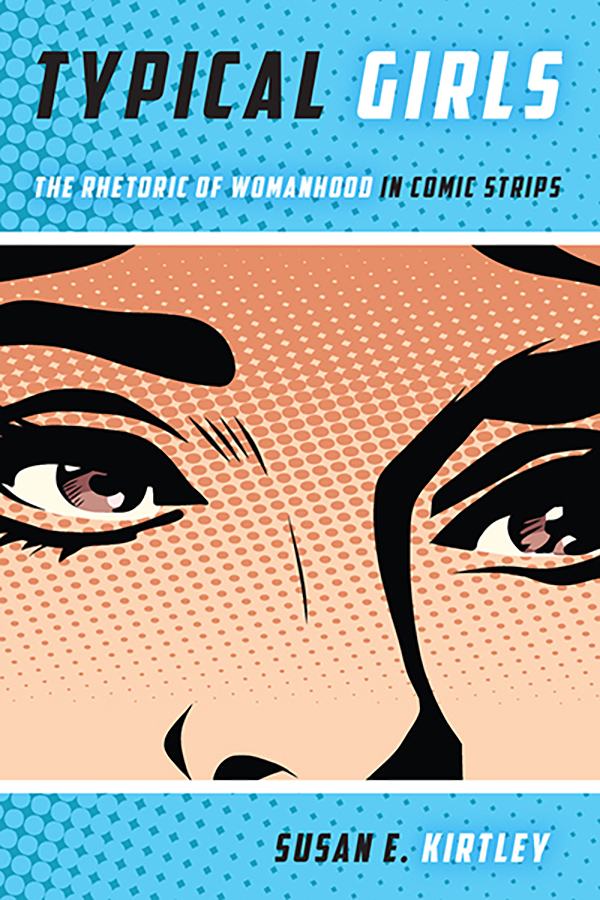“[Gendered Defenders] is a fascinating study at the crossroads of an underexplored area of pop culture, feminism, and diversity. It is well suited for graduate studies related to literary criticism, pop culture, gender studies, and fandom.” —Sara Kitsch, H-Net
“A well-rounded and critically worthwhile collection. The individual chapters work extremely well together thematically, and tackle the lack of gender diversity in Marvel’s universe with such different and specific topics that each one truly stands out and provides new context to the issue. Altogether, Gendered Defenders is, thus, a valuable resource for Marvel fans and scholars alike.” —Myers Enlow, European Journal of American Culture
“Gendered Defenders is a wonderfully varied collection of thought on a wonderfully varied collection of heroines, and it is a welcome addition to the body of scholarly study of superhero media.” —Jeremy Brett, SFRA Review
“Gendered Defenders is an insightful collection of essays analyzing several Marvel transmedia texts featuring superheroines to understand the ways that gender, power, and other intersectional paradigms are constructed, problematized, and reimagined through the genre. This book will benefit scholars across a variety of disciplines, particularly those interested in media studies, popular culture, intercultural communication, discourse analysis, and rhetoric.” —Amika Starr, Women’s Studies in Communication
“Gendered Defenders: Marvel’s Heroines in Transmedia Spaces cuts across disciplines to shed light on the journey of our Marvel heroines. Through its interdisciplinary lens discussing a range of social and cultural issues, transmedia approach, and the economic curvature of an empire as gigantic as Marvel, the book brings forth a dedicated selection of articles.” —Richa Tewari, Journal of Popular Culture
Gendered Defenders: Marvel’s Heroines in Transmedia Spaces delivers dynamic and original analyses of how women perform in super heroic spaces. Contributors from a range of disciplinary perspectives—communications, international relations, cultural and media studies, English, history, and public policy—take on Marvel’s representations of women and gender to examine how relations of power are (re)produced, understood, and challenged. Through vivid retellings of character-based scenarios, these essays examine Carol Danvers, Jessica Jones, Ms. Marvel, Shuri, Pepper Potts, Black Widow, and Squirrel Girl across media forms to characterize and critique contemporary understandings of identity, feminism, power, and gender.
Collectively, Gendered Defenders challenges notions about female identity while illuminating the multidimensional portrayals that are enabled by the form of speculative fiction. Making explicit the connections between women’s lived experiences and the imagined exploits of superheroines, contributors explore how these pop culture narratives can help us understand real-world gender dynamics and prepare pedagogical, political, and social strategies for dealing with them.
Contributors:
Bryan J. Carr, Meta G. Carstarphen, Julie A. Davis, Rachel Grant, Annika Hagley, Amanda K. Kerhberg, Gregory P. Perreault, Mildred F. Perreault, CarrieLynn D. Reinhard, Maryanne A. Rhett, Stephanie L. Sanders, J. Richard Stevens, Anna C. Turner, Kathleen M. Turner-Ledgerwood, Robert Westerfelhaus
Bryan J. Carr is Associate Professor of Communication and Information Science at University of Wisconsin–Green Bay.
Meta G. Carstarphen is Endowed Professor of Strategic Communication at Gaylord College of Journalism and Mass Communication at the University of Oklahoma.
Contents
Acknowledgments
Part I Introduction: Framing Our Starting Places and Conceptual Origins
Chapter 1 Who Has Power, and How Do We Read It?
Bryan J. Carr and Meta G. Carstarphen
Chapter 2 Too Long a Boys’ Club: The Superhero Industrial Complex and the Marvel Heroine
Bryan J. Carr
Chapter 3 Trans/Linear Feminism: Finding a New Space to Call Home
Meta G. Carstarphen
Part II Phenomenal Women: Gender and Feminism
Chapter 4 Marvel’s Carol Danvers: Evolving Past the Second-Wave Feminist Icon
J. Richard Stevens and Anna C. Turner
Chapter 5 “I Know My Value”: The Standpoint Evolution of Agent Carter as a Transmedia and Transgenerational Feminist
Kathleen M. Turner-Ledgerwood
Chapter 6 Jessica Jones: A Superhero, Unadorned
Amanda K. Kehrberg
Part III Embodied Power: Otherness, the Body, and the Superheroine
Chapter 7 “Don’t Scare Me Like That, Colonizer!”: Black Panther’s Shuri through a Postcolonial Feminist Lens
Rachel Grant
Chapter 8 Kamala Khan / Ms. Marvel, Islamic Feminism, and a Global Dialogue
Maryanne A. Rhett
Chapter 9 “Misty” Knight: Dialogue with a Black Pearl in the Ivory Tower
Stephanie L. Sanders
Part IV Answering the Call: Marvel Superheroines as Responses to Cultural Change
Chapter 10 Part of the Team Yet Always Apart: Black Widow through Multiple Marvel Series
Julie A. Davis and Robert Westerfelhaus
Chapter 11 Pepper Potts: Performance as Partner, Professional, CEO, and Superhero
Mildred F. Perreault and Gregory P. Perreault
Chapter 12 Eating Nuts, Kicking Butts, and Becoming a Feminist Icon: Squirrel Girl’s Subversion, Commodification, and Fractured Feminist Nature
CarrieLynn D. Reinhard
Chapter 13 Symptoms or Resistance? The Feminist Trauma Theory Framework in Captain Marvel
Annika Hagley
List of Contributors
Index
“An ambitious and vital collection....[Gendered Defenders] effectively serves as an approachable primer for transmedia, feminist, and standpoint theory for comic-book connoisseurs....Investigative students and seasoned scholars alike will find something worthwhile here.” —B. L. King, Extrapolation
“Gendered Defenders provides a handy reference guide to anyone who wants to become familiar with both the story arcs and publication histories of the most prominent of Marvel’s female heroes...I am thrilled to add Gendered Defenders to my own personal collection.” —C. Palmer-Patel, Fafnir
“Gendered Defenders is a welcome piece of the larger puzzle of scholarship on superheroes and their connections to genre and gender. Engaging meaningfully with intersectional elements of femininity including ethnicity, sexuality, class, and trauma, it elevates superheroines as an access point to a range of issues of importance for modern women.” —Jeffrey A. Brown, author of Beyond Bombshells: The New Action Heroine in Popular Culture
“We need a book like this to help navigate the meaning of some of the most prominent representations of female heroism. Gendered Defenders is a valuable stepping-stone for future post-feminist and queer perspectives on these same characters.” —Terrence Wandtke, author of The Meaning of Superhero Comic Books





